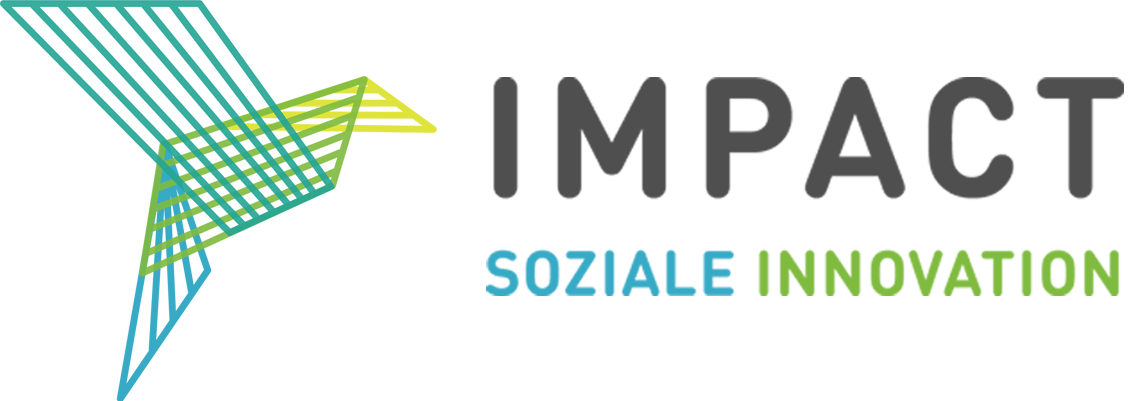The sharing economy is often considered either the most promising “pathway to a sustainable market economy” or, conversely, a “hyper-capitalistic” exploitation of natural and social resources. Such contrasting images can influence the societal valuation of sharing economy models, thereby misleading or hindering processes of transformation. Approaches toward quantifying the sharing economy have the potential for enriching societal knowledge and, in the process, fuelling societal transformation as the ecological, social, and economic effects of such developments as carsharing become apparent. Dominika Wruk, Achim Oberg and Marina Friedrich-Schiebeck discuss this in their article and present the i-share approach to quantification.
Reference:
Wruk, D., Oberg, A., & Friedrich-Schieback, M. (2019). Quantifying the sharing economy: An approach for measuring the ecological, social, and economic effects. GAIA-Ecological Perspectives for Science and Society, 28(1), 184–189.
Weitere Informationen
Link to the: https://www.ingentaconnect.com/contentone/oekom/gaia/2019/00000028/a00101s1/art00003#
About the Journal: GAIA is a peer-reviewed inter- and transdisciplinary journal for scientists and other interested parties concerned with the causes and analyses of environmental and sustainability problems and their solutions. https://www.ingentaconnect.com/content/oekom/gaia
An overview of publications from the i-share consortium and network can be found here: https://www.i-share-economy.org/en/publications


